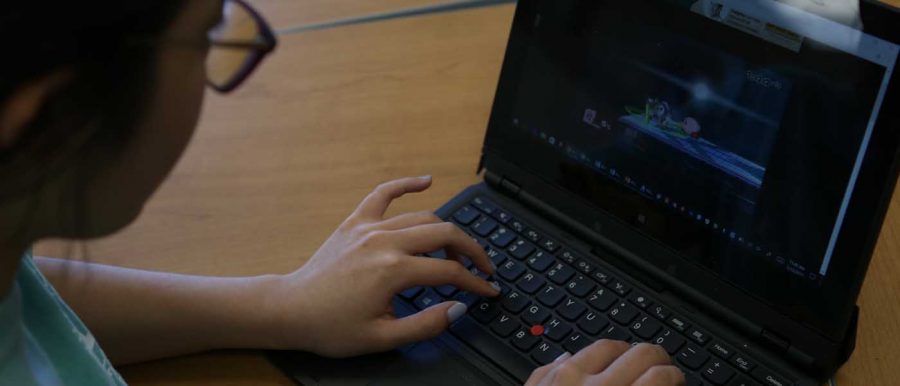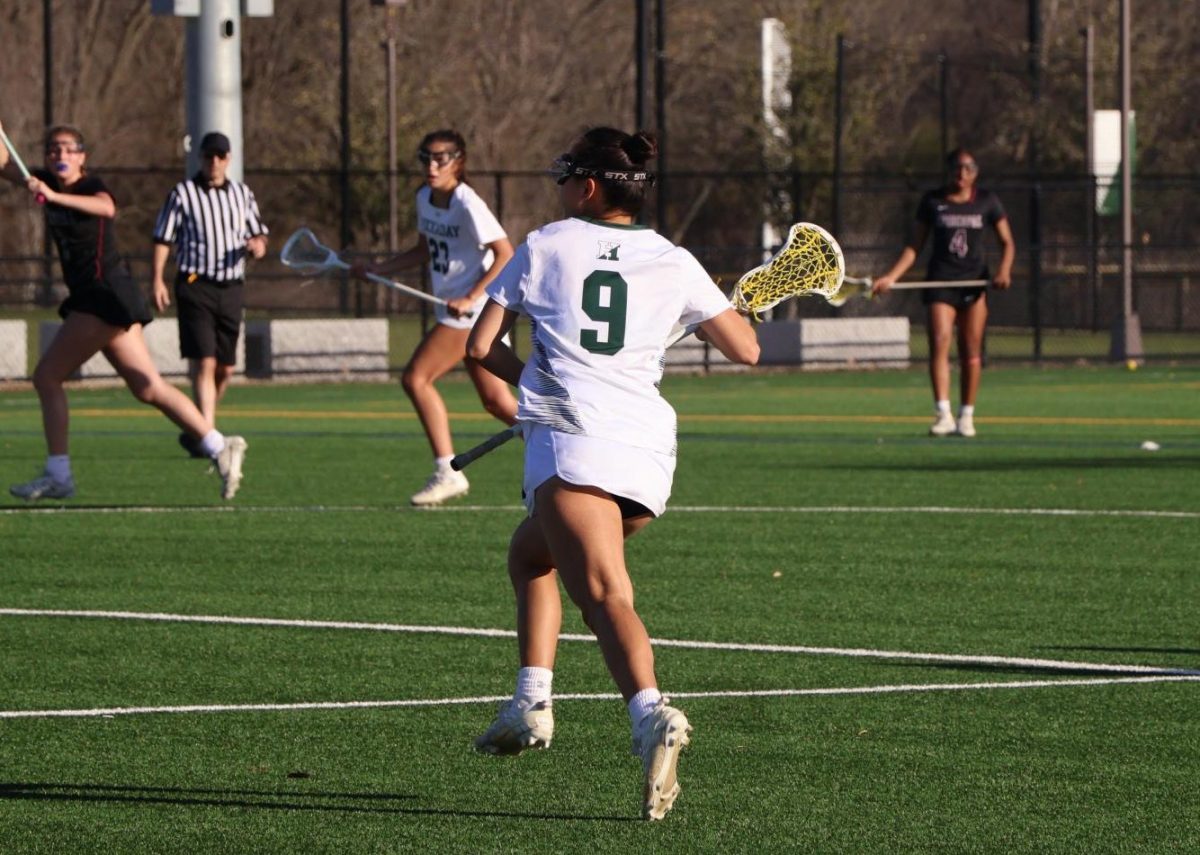The controversial question of whether video gaming can be considered as a sport often spurs heated debate. Some argue that because it requires skill, strategy and many times the ability to work as part of a team, it is indeed a sport. However, others argue that because it lacks true physical exertion, it cannot be labeled a sport.
Despite the debate over whether it is a sport or not, video gaming has become an option for college recruitment. Many high schoolers look to sports as a helpful additive to boost their college resume, and now many are also relying on eSports.
In the fall of 2014, Robert Morris University in Chicago became the first college in the United States to make competitive gaming, or eSports, a varsity sport and offer athletic scholarships for players. There, you can receive up to half of tuition and housing, amounting to around $19,000. In the last couple of years, smaller collegiate institutions like Columbia College in Missouri, the University of Utah and even larger institutions like the University of California-Irvine will be offering eSports scholarship programs.
Freshman Ann Segismundo is interested in being recruited by a college for video gaming. She was introduced to video games by her brother.
“I’ve been playing video games basically since I was born, so 15 years. My brother forced me to because I was his only playmate when he was younger,” Segismundo said.
Her mother, Dina Segismundo, noticed that Ann was getting interested in gaming around the seventh or eighth grade. She always made sure that Ann was finished with her homework before playing.
“She would finish her schoolwork before playing games,” Dina said. “She does give a lot of time to it, but it’s times where she’s done her homework and chores. It’s a time of unwinding for her.”
But after her brother was continuously beating her, she started to have a more competitive and determined edge and a greater interest in video gaming.
“Mostly it was me learning, since he kept beating me in everything,” Ann said. “But I learned how to push back, and then I started beating him. I would definitely say I’m better than him now.”
And as she gets more serious into the gaming world, Ann is thinking about using gaming as an asset in the college admission process. In this sport, before a gamer joins a team, he or she is a “free agent,” the current status of Segismundo. However, she hopes to be soon noticed as a player for Overwatch, a “team-based online multiplayer first-person shooter video game.”
“A lot of teams look for this hero, Zenyatta, because it takes a lot of experience and time to learn him,” Ann said. “He is integral to the game because he controls both healing and damage factors.”
Like sports, all gaming players have coaches. But in online gaming, she also has access to a variety of online coaches for specific needs.
“I recently got formal training for one of my more competitive games,” Ann said. “You can go into a Discord server, which is a different social media site, and say, ‘Hey, I need a coach for blank type of hero in any type of game.’ It’s complicated, but it works.”
Discord, a free voice and text app for gamers, has a server called Coldfire Gaming, which Ann uses for possible recruitment. She has competed in its tournaments for free agents. Although Ann is currently a low-ranked player, she hopes to join a team in order to have better chances to compete and to get noticed by colleges. Once she does so, her chances of being recruited are elevated.
“People get recruited daily from different teams at any age. But for college, it will be your junior or your senior year. It’s exactly like sports—they can watch you play. Many colleges are scouting right now,” Ann said. “If you play in some eSports tournaments, colleges will give you specific scholarship money, which will go directly to pay off your student debt.”
Ultimately, Ann is looking to play in college for scholarship opportunities, and her dream is Harvard College’s eSports Association. Though Dina understands there’s a negative stigma surrounding gaming, both her and her husband wholeheartedly believe that Ann can pave her own path in life.
“I have always told [Ann] that she can be whatever she wants to be, and that it’s something new and not everybody will understand what you’re doing,” Dina said. “But if this is your passion, we will always support you. If this is the way you want to write your own story, then go for it.”
Dina also believes that gaming, with its techniques that refine players’ agility and reaction time, has taught her daughter important life lessons.
“I know there’s a stigma surrounding gaming, where it’s a waste of time and for people who have nothing to do,” Dina said. “I think it teaches her life lessons, like how to solve problems and have time management. It depends on how you look at it.”
However, though Ann and Dina believe that there is a stigma surrounding girl gamers and their skills, Monica Evans, Associate Dean of Graduate Studies and Associate Professor at the University of Texas at Dallas, thinks that said stigmas are nonexistent partially due to only anonymity and the changing world.
“The perceptions shouldn’t be that it’s not to be female, black or transgender to play games. Gaming is for everybody,” Evans said.

Ponette Kim- Asst. News Editor



